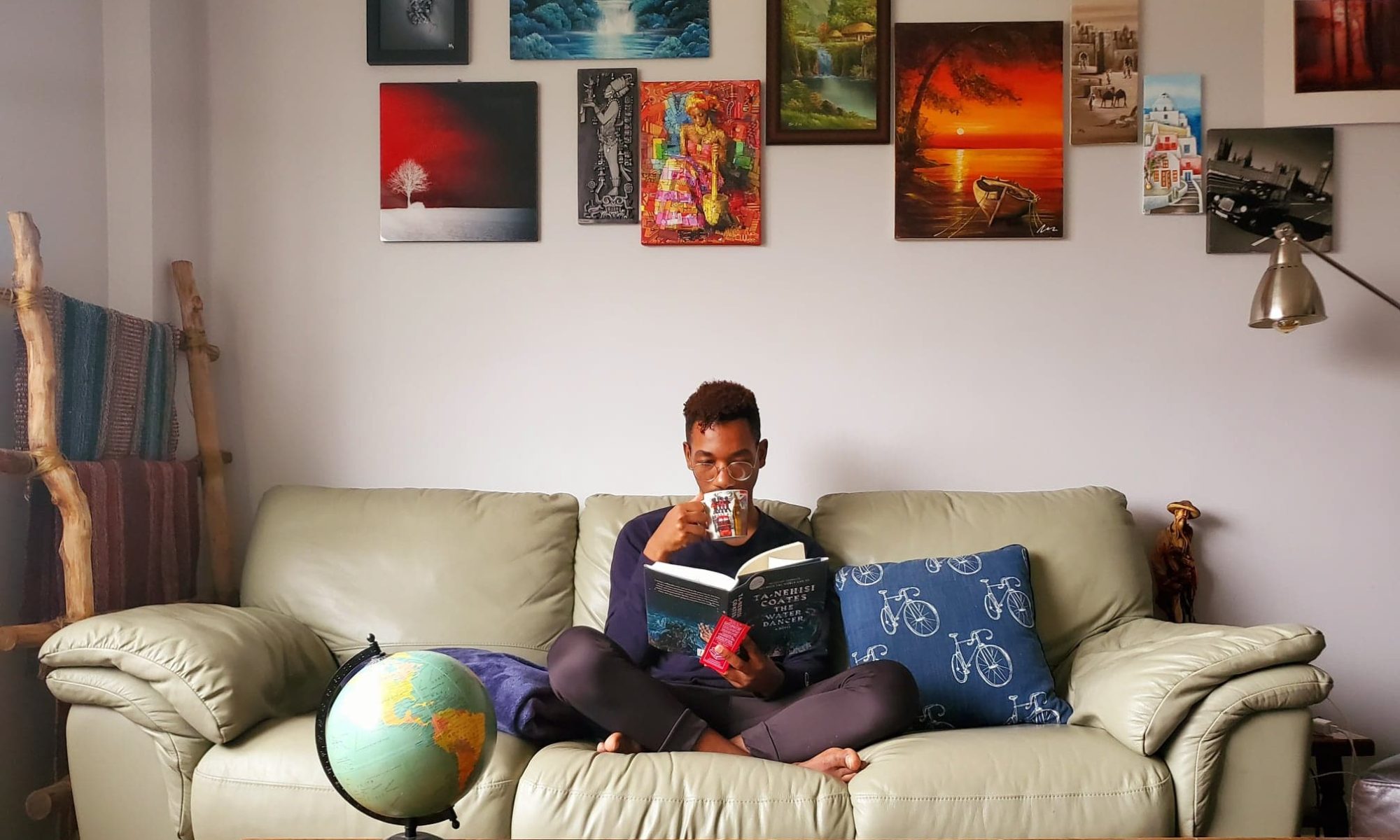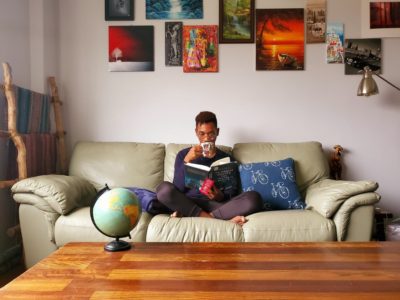I have spent the last month or so absorbing the amazing storytelling of women.
From Beyonce’s Black is King and Bria Nicole to Jesmyn Ward and Late Night, written and starred by Mindy Kaling. Even Hannah Gadsby’s Douglas.
Relatability
These stories, paintings, books, movies hit a depth that often feels unfamiliar or unreachable. To put a finger on it, the feeling is relatability. It is the warmth and emotional reaction of relatability in these stories or images.
More than that, I get a rush of inspiration when I absorb this art. The subversion of narrative, of what we’ve been told is the path to success.
You can see and feel artists push and pull against boundaries and do so beautifully. In fact, the color and self confidence pushed me to my sketchbook to begin producing my own art on my own terms. So much of my art has centered around what others think and how they view the work.
To feel the personal confidence to produce something I conceived of feels incredibly empowering. Simultaneously, there is such vulnerability because if it is not well received, it feels like a comment on me, on how I view myself.
But, there’s a nudge, a push forward, from seeing those who make their art confidently and value aspects of themselves that I have felt shame for in my own life.
More than inspiration, I think of the creativity, innovation, and subversions of narratives as a challenge and call to action.
For several pieces, the beauty is in pulling at an existing narrative and revamping it to work for them. The Lion King movie or a traditional stand-up arc.
Pushing into newness is valued in some settings: arts, science, start up spaces, though restricted by respectability and what the arbiters of value feel is worth sharing (or who is capable of “genius”).
In every setting, transformative vision by every participant is something we should value. I want this to be applied beyond arts to the systems we participate in and the lives we lead. This requires that the people that the current system does not serve have the capacity to speak for themselves to communicate their viewpoint.
It does not serve our collective creativity to create barriers to their participation and expression, whether through the hiring process or arrest or editorial decisions or, as a shadow over them all, systemic and systematic discrimination.
This is about more than participation. It is about a vision of freedom where everyone has the time for reflection and creativity and where that reflection and creativity is valued over the “grind.”
Rethinking our reality and dreaming of something new and better requires time to step away and THINK about how we fit in the whole.
When we siphon people into underpaid jobs or overwork them or do not support them in child care, healthcare or eldercare or do not value their difference or, most restrictively and harmfully, imprison them and separate them from their families, survival comes first (check out the last 30 min of this podcast).
Survival, while potentially feeding into creativity, art, and vision, can constrict the brain, preventing the space for the brain to breath and to think of a different world. Or for a person to pursue and advocate for a different world. The failure to provide people with this space is the real cancel culture.
That’s all for now.
Tara
You can get this straight into your inbox by signing up for my newsletter, Thinking…with Tara, here.


True. Unfortunately.